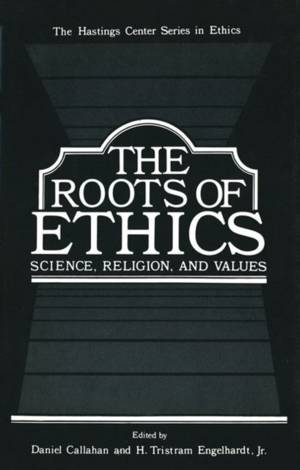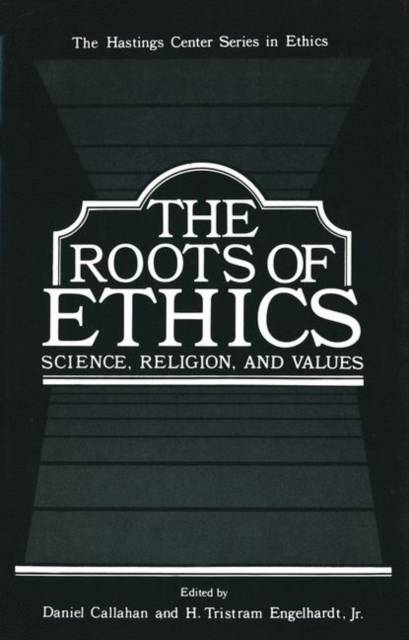
Je cadeautjes zeker op tijd in huis hebben voor de feestdagen? Kom langs in onze winkels en vind het perfecte geschenk!
- Afhalen na 1 uur in een winkel met voorraad
- Gratis thuislevering in België vanaf € 30
- Ruim aanbod met 7 miljoen producten
Je cadeautjes zeker op tijd in huis hebben voor de feestdagen? Kom langs in onze winkels en vind het perfecte geschenk!
- Afhalen na 1 uur in een winkel met voorraad
- Gratis thuislevering in België vanaf € 30
- Ruim aanbod met 7 miljoen producten
Zoeken
€ 83,95
+ 167 punten
Omschrijving
OUR AGE IS CHARACTERIZED by an uncertainty about the na- ture of moral obligations, about what one can hope for in an afterlife, and about the limits of human knowledge. These uncertainties were captured by Immanuel Kant in his Critique of Pure Reason, where he noted three basic human questions: what can we know, what ought we to do, and what can we hope for. Those questions and the uncer- tainties about their answers still in great part define our cultural per- spective. In particular, we are not clear about the foundations of ethics, or about their relationship to religion and to science. This volume brings together previously published essays that focus on these inter- relationships and their uncertainties. It offers an attempt to sketch the interrelationship among three major intellectual efforts: determining moral obligations, the ultimate purpose and goals of man and the cosmos, and the nature of empirical reality. Though imperfect, it is an effort to frame the unity of the human condition, which is captured in part by ethics, in part by religion, and in part by the sciences. Put another way, this collection of essays springs from an attempt to see the unity of humans who engage in the diverse roles of valuers, be- lievers, and knowers, while still remaining single, individual humans.
Specificaties
Betrokkenen
- Uitgeverij:
Inhoud
- Aantal bladzijden:
- 450
- Taal:
- Engels
- Reeks:
Eigenschappen
- Productcode (EAN):
- 9781461333050
- Verschijningsdatum:
- 17/02/2013
- Uitvoering:
- Paperback
- Formaat:
- Trade paperback (VS)
- Afmetingen:
- 156 mm x 234 mm
- Gewicht:
- 648 g

Alleen bij Standaard Boekhandel
+ 167 punten op je klantenkaart van Standaard Boekhandel
Beoordelingen
We publiceren alleen reviews die voldoen aan de voorwaarden voor reviews. Bekijk onze voorwaarden voor reviews.








